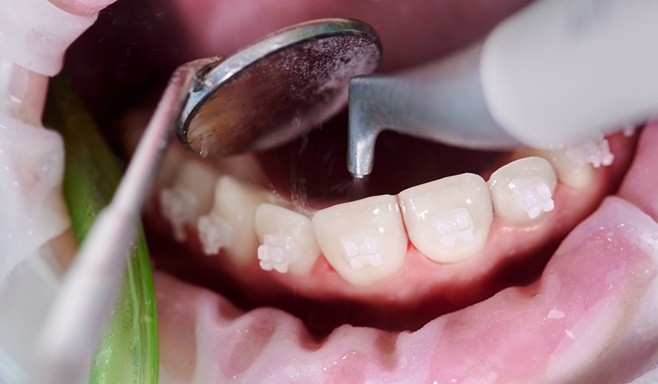
You may take toothaches lightly and want to delay treatment for a few days. But what starts as an ache or a chipped tooth can quickly develop into a full-blown emergency if left untreated. Dental emergencies impact health and comfort but can also create long-term complications that are costly to treat.
In this blog, we will explore what constitutes a dental emergency, the risks associated with waiting too long, and the necessary steps to take in the event of an emergency.
What Is a Dental Emergency?
Dental emergencies can come in any form, and it is essential to recognize when an issue requires immediate attention. The following are among the most common:
- Painful toothaches that remain regardless of painkillers
- Knocked-out teeth or broken teeth due to injury or trauma
- Swelling and abscesses, especially when feverish, or if any foul taste is coming from the mouth
- Uncontrolled bleeding from gums, mouth, or after having dental surgery
- Injuries to soft tissue like the tongue, cheeks, or lips
Any of these situations can worsen rapidly if not addressed. Hold off too long, and a problem that could be easily treated may turn into a major and expensive problem. Just because that pain comes and goes doesn’t mean the problem is gone.
What Are The Risks of Delayed Treatment?
Going past a dental emergency means only more pain, and this can bring serious health consequences. Here is what is at stake with delaying:
Spread of Infection
An abscessed tooth or dental infection can spread beyond localized pain and swelling of the jaw and neck, ultimately entering the bloodstream. Once bacteria enter your bloodstream, they give rise to a life-threatening condition called sepsis.
Permanent Tooth Loss
A knocked-out tooth has the best chances of being saved in the first 30-60 minutes. The longer you wait, the less likely you are to save it.
Higher Cost & Complicated Treatment
What could have been a simple filling today becomes a root canal or extraction if you keep putting it off. The longer you put it off, the more complicated and expensive the treatment becomes.
Damage to Adjacent Areas
An untreated infection or fracture in a tooth can cause damage to the bone, which also involves the gums and neighboring teeth, resulting in longer dental procedures and recovery.
If you are unsure whether what you are experiencing is a true emergency, it is better to be safe than sorry; simply contact an emergency dentist in Grants Pass, OR.
What to Do in a Dental Emergency?
In an emergency situation, knowing what to do could be the difference between a near-miss and a disaster. Here’s what you could do if you face a dental emergency:
- Did a tooth get knocked out? Handle that by holding it by its crowns, rinsing it with some water (don’t scrub it), and try to put it back within the socket. If not possible, put it in milk or saliva and rush to a dentist.
- Are you experiencing swelling or pain? Every year, around 2 million US people make emergency visits for dental pain. In such a scenario, rinsing the mouth with warm salt water and applying cold compresses can help reduce swelling.
- Bleeding won’t stop? Place pressure over the gauze that is not clean and rush to the emergency room.
- Is it severe pain, or do you suspect infection? Contact the dentist directly, without wasting time. Avoid taking painkillers for comfort because they would mask the problem, and think it would resolve on its own.
Dental emergencies usually strike when the odds are really against you dealing with them; one thing is certain in all these cases: waiting will not make the situation better. Whether that’s an annoying toothache or a knocked-out tooth, quickness is everything; your health is at risk, as is your smile.
Don’t risk your life when experiencing pain or a dental emergency. Call our trusted emergency dentist now. It’s not just a tooth at stake; it might mean your whole life.



